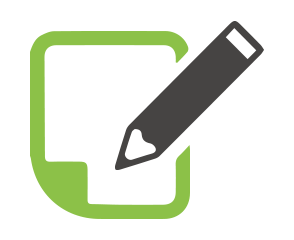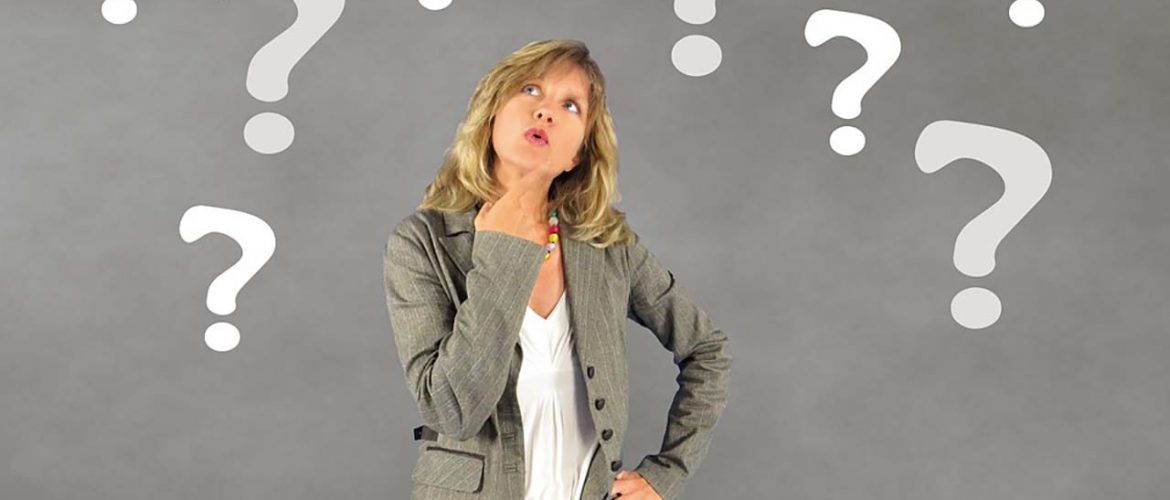Emergencies: from a broken bone, to your car breaking down, to losing your job.
They are simply a part of life and happen to all of us.
Instead of panicking each time one of these unexpected events pops up, wouldn’t it feel great to have a safety net in place?
That’s exactly what an emergency fund is.
It is simply a certain amount of money set aside for those oh-so-inconvenient emergencies that are bound to pop up from time to time.
You never know what life is going to throw your way, so having a solid emergency fund built up can help alleviate the stress that often comes along with these events.
How Much Should I Save?
If you are just starting out with your emergency fund, or are also trying to pay off debt, a good goal to aim for at first is an emergency fund of $1,000.
This amount can cover unexpected expenses like a car repair or large medical bill, without you having to put yourself in to more debt to pay for it.
If you aren’t working on paying off debt, a minimum amount to keep in your emergency fund is three months of living expenses.
If your monthly expenses (such as rent, utilities, food, gas, etc.) are $3,000, then you need $9,000 in your emergency fund.
Having three months’ worth of your basic expenses set aside, this can cover a major life disrupter such as losing your job or having to take extensive unpaid leave for whatever reason.
If you have people who financially depend on you, however, an even bigger emergency fund is necessary.
At a minimum, you should set aside six months’ worth of living expenses.
If you have a job that you know is subject to a frequent turnover rate or where you could get injured easily, you will want to double the amount of the emergency fund so that you are covered for up to a full year in the event of an emergency.
Where Should I Keep My Emergency Fund?
You always want to keep your emergency fund in a safe, easily accessible account.
Try to find a savings account with a higher-than-normal interest rate, that way you can easily remove funds from the account if necessary.
You don’t want to invest your cash in something that has big withdrawal penalties or tax consequences for cashing out (i.e., a retirement account), or somewhere susceptible to losing money (i.e., the stock market).
Low risk is key when considering where to store your emergency fund.
When Do I Stop Needing an Emergency Fund?
The answer to this one is pretty simple: never!
Even once you reach retirement, it is always wise to have an emergency fund, even though you will now have access to your retirement accounts.
Unfortunately, emergencies continue to happen even after you’re done working, and there will inevitably be things that pop up that you didn’t account for in your retirement budget.
Always maintaining a cash reserve will ensure you can have a smooth sailing retirement, without having to excessively dip into your retirement funds.


